-
Doctors
-
Specialities & Treatments
Centre of Excellence
Specialties
Treatments and Procedures
Hospitals & Directions HyderabadCARE Hospitals, Banjara Hills CARE Outpatient Centre, Banjara Hills CARE Hospitals, HITEC City CARE Hospitals, Nampally Gurunanak CARE Hospitals, Musheerabad CARE Hospitals Outpatient Centre, HITEC City CARE Hospitals, Malakpet
HyderabadCARE Hospitals, Banjara Hills CARE Outpatient Centre, Banjara Hills CARE Hospitals, HITEC City CARE Hospitals, Nampally Gurunanak CARE Hospitals, Musheerabad CARE Hospitals Outpatient Centre, HITEC City CARE Hospitals, Malakpet Raipur
Raipur
 Bhubaneswar
Bhubaneswar Visakhapatnam
Visakhapatnam
 Nagpur
Nagpur
 Indore
Indore
 Chh. Sambhajinagar
Chh. SambhajinagarClinics & Medical Centers
Book an AppointmentContact Us
Online Lab Reports
Book an Appointment
Consult Super-Specialist Doctors at CARE Hospitals
Sinus Headache: Symptoms, Causes, Treatment and Home Remedies
Updated on 19 November 2024
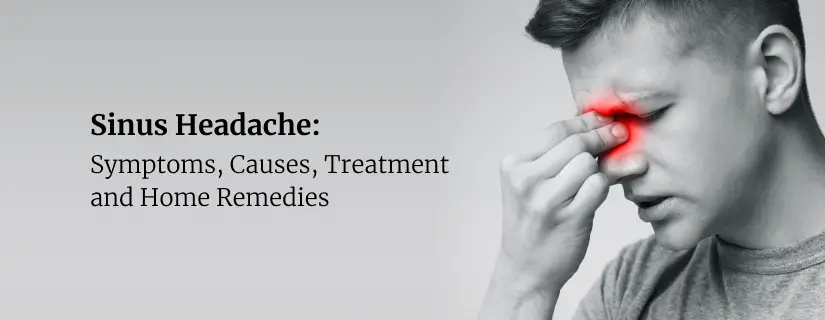
A sinus headache may feel like a deep, throbbing pain in the cheeks or behind the eyes. This common condition affects millions worldwide, causing discomfort and interfering with daily activities. Sinus headaches often result from swollen sinuses, which can lead to pressure & pain in the face and head.
This article aims to shed light on head pain from sinus infections, their causes, and symptoms. We'll explore various sinus infection headache treatment options, from home remedies to medical interventions that can give you relief.
What are Sinus Headaches?
Sinus headaches are a type of head pain that stems from sinus infections, also known as sinusitis. Sinus headaches occur when the sinuses, hollow spaces behind your cheekbones, forehead, and nose, become inflamed. A viral or bacterial infection usually causes this inflammation. When infected, the sinuses produce more mucus, creating an environment where viruses and bacteria can grow. This leads to swollen, irritated, fluid-filled sinuses that make your face feel achy and tender. Typically, sinus headaches go away once the sinus infection runs its course.
Causes of Sinus Headache
Sinus headaches stem from sinusitis, which is the inflammation of the sinuses. Sinusitis can result from:
- The most frequent cause of sinusitis is a viral infection, such as a cold or flu.
- Bacterial infections can also trigger sinusitis, often following a viral infection.
- In some cases, fungal infections may be to blame, especially in people with weakened immune systems.
- Allergies, particularly hay fever, can cause sinus inflammation.
- Structural differences in the nose, such as a deviated septum (DNS) or nasal polyps, can also contribute to sinus headaches by preventing proper drainage.
Symptoms of Sinus Headache
The following are some common symptoms of sinus headaches:
- A deep and constant feeling of pain in the forehead, cheekbones, or bridge of the nose
- The pain often gets worse when you move your head suddenly or bend over.
- A feeling of fullness in the ears
- Swelling in your face
- Some people also develop a fever and runny nose, which can help distinguish a sinus headache from other types of recurring headaches like migraines or tension headaches.
Risk Factors
Several factors can result in an elevated risk of developing sinus headaches. These may include:
- The common cold is a primary culprit, often leading to sinusitis and subsequent head pain.
- Seasonal allergies (hay fever) can also trigger sinus inflammation.
- Exposure to tobacco smoke, whether through active smoking or secondhand smoke, irritates the sinus lining and raises the risk of infection.
- A weakened immune system, whether due to certain health conditions or medications, makes you more susceptible to sinus infections and resulting headaches.
- Dental infections, mould exposure, and frequent air travel can also contribute to sinus problems and associated headaches.
- Other risk factors are the history of migraines, a family history of these conditions, and hormonal changes.
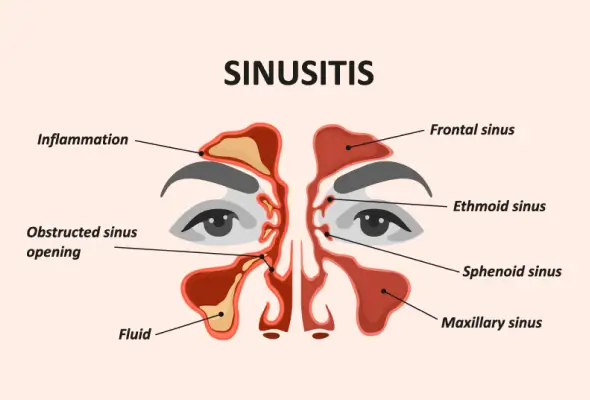
Complications
While most sinus headaches clear up within a week or ten days, untreated cases can lead to serious complications, such as:
- The thin walls of the sinuses share blood vessels and lymph drainage pathways with the eyes and parts of the central nervous system, making them vulnerable to infection spread.
- Potential complications include decreased sense of smell, paranasal sinus mucocele, and orbital cellulitis.
- Rarely, untreated sinus infections can result in meningitis, brain abscess, or sinus thrombosis.
Diagnosis
Diagnosing sinus headaches can be challenging, as their symptoms often mimic other types of headaches, particularly migraines. To arrive at the cause of your headache, your clinician will conduct a physical exam & ask about your symptoms.
If your signs and symptoms are severe or ongoing, you may need imaging tests like X-rays, CT scans, or MRI. These tests show if your sinuses are blocked, which can help distinguish between sinus headaches and other types of head pain. Your doctor might also look into your sinuses with a thin, lighted tube to check for swelling, signs of infection, or other problems.
Treatment for Sinus Headache
Sinus headache treatment involves addressing both the pain and the underlying cause.
- Medications:
- Over-the-counter pain relievers can help ease discomfort. Decongestants, available as pills or nasal sprays, may reduce swelling in the nasal passages. However, nasal sprays shouldn't be used for more than three days to avoid worsening congestion.
- For allergy-related sinus headaches, antihistamines might be beneficial.
- If symptoms persist, your doctor may prescribe antibiotics to fight against bacterial infections or corticosteroids to reduce inflammation.
Home Remedies
- Steam inhalation can moisten sinus passages and thin mucus.
- Applying a warm compress to the face may help open nasal passages and ease pain.
- Staying hydrated and using a humidifier can prevent sinus passages from drying out, potentially reducing pressure and discomfort.
When to See a Doctor
While most sinus headaches clear up within a week or ten days, knowing when to seek medical help is crucial. If your sinus headache persists beyond this period or doesn't respond to home remedies, it's time to contact a doctor.
See a doctor immediately if you experience a sudden, severe headache, high fever, confusion, trouble balancing or speaking, numbness, or tingling. These symptoms could indicate a more serious condition.
Additionally, seek urgent medical attention if you have a headache, a fever, stiff neck, nausea, vomiting, or if one eye is red and painful.
Prevention
Preventing sinus headaches involves taking good care of your sinuses, such as:
- Using saline sprays can clear mucus and reduce swelling in nasal passages.
- Avoid triggers like alcohol, caffeine, and cigarettes.
- Keeping stress levels under control is also essential, as stress can lead to headaches.
- Improving indoor air quality by keeping your rooms clean and properly ventilated and using appropriate filters can help control allergies.
- Regular exercise boosts your immunity, making you less prone to sinus infections.
- Adequate sleep maintains health and helps fight off infections.
Conclusion
Sinus headaches can significantly impact daily life, causing discomfort and interfering with regular activities. Knowing the reasons, symptoms, and treatment options is crucial to manage this condition effectively. By recognising the signs early and taking appropriate action, you can minimise the duration and severity of sinus headaches, leading to improved quality of life. Proper care of your sinuses and lifestyle changes can help prevent future episodes. If symptoms worsen, it's essential to seek medical advice. By staying informed and proactive, you can take control of your sinus health and reduce the impact of headaches on your daily routine.
FAQs
1. How to stop a sinus headache?
To stop a sinus headache, try using over-the-counter decongestants for nasal passage swelling. Saline nasal sprays can help moisturise and clear your sinuses. Applying a warm compress to your face may ease pain and pressure. Drinking plenty of water and inhaling steam can also provide relief from sinus headaches. If symptoms persist, consult your doctor, who might prescribe antibiotics or corticosteroids.
2. What does a sinus headache feel like?
A sinus headache causes deep, constant feeling of pain in the facial bones such as cheekbones, forehead, or bridge of the nose. The pain often gets worse when you move your head suddenly or bend over. You might also experience a runny nose, a feeling of fullness in your ears, and swelling in your face.
3. How long will a sinus headache last?
Sinus headaches typically last for several days to a week or ten days. However, if the underlying cause is untreated, they can persist for longer periods. Most sinus infections clear up on their own within this timeframe. If your headache lasts longer than ten days or doesn't respond to home remedies for sinus headaches. In that case, it's essential to see a doctor as it might indicate a more serious condition or a misdiagnosed migraine.
4. What foods are good for sinus headaches?
Certain foods can help alleviate sinus headaches. Spicy foods containing capsaicin, like hot peppers, can clear sinuses. Pineapple contains bromelain, which helps reduce inflammation. Garlic has anti-inflammatory properties that can ease sinus pain. Antioxidant-rich foods such as berries, kiwi, and spinach protect mucous membranes. Ginger and turmeric have anti-inflammatory properties that can open up congested nasal passages.
ENQUIRY FORM
SELECT CATEGORIES
-
Neurosciences (16)
-
Neurology (37)
-
Neurosurgery (14)
-
Orthopaedics (48)
-
Oncology (33)
-
Obstetrics and gynecology (51)
-
Pulmonology (23)
-
Urology (20)
-
Nephrology (13)
-
Psychiatry (7)
-
Dietetics and Nutrition (111)
-
General Medicine (63)
-
Cardiac Sciences (30)
-
Vascular & Endovascular Surgery and Interventional Radiology (10)
-
Gastroenterology (46)
-
Endocrinology (23)
-
Plastic Surgery (10)
-
Critical Care Medicine (5)
-
COVID-19 (16)
-
Dermatology (16)
-
Emergency Care (1)
-
Ophthalmology (4)
-
Pediatrics (14)
-
Laparoscopic and Bariatric Surgery (8)
-
ENT (15)
-
Kidney Transplant (1)
-
Liver Transplantation and Hepatobiliary Surgery (5)
-
General Surgery (3)
-
Internal Medicine (5)
-
Medicine Information
Idiopathic Intracranial Hypertension: Symptoms, Causes and Treatment
Tension Headache: Symptoms, Causes, Treatment and Home Remedies
YOU MAY ALSO LIKE
RECENT BLOGS
-

Direct Anterior Approach in Total Hip Replacement: Advantages and Challenges
10 April 2025
Read More
-

Zinc Deficiency: Signs and Symptoms, Causes, Treatment
9 April 2025
Read More
-

Chest Pain When Coughing: Causes, Treatment and Home Remedies
9 April 2025
Read More
-

12 Health Benefits of Eating Mushrooms
8 April 2025
Read More
-

7 Health Benefits of Blood Donation You Should Know About
8 April 2025
Read More
-

Implantation Bleeding Vs Periods: Know the Difference
28 February 2025
Read More
-

Bloating During Ovulation: Symptoms, Causes and Remedies
28 February 2025
Read More
-

Itching During Dengue: Causes, Treatment and Home Remedies
18 February 2025
Read More
Have a Question?
If you cannot find answers to your queries, please fill out the enquiry form or call the number below. We will contact you shortly.







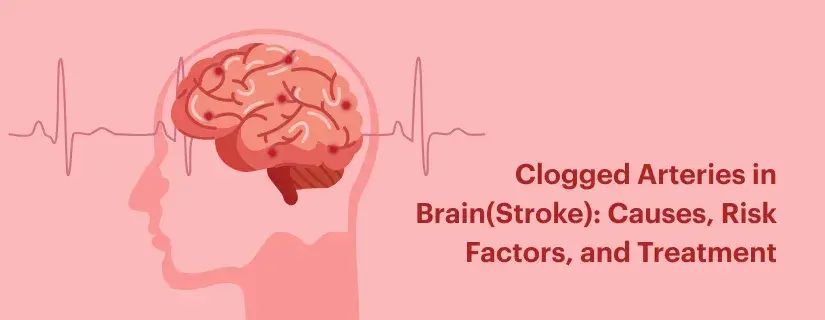


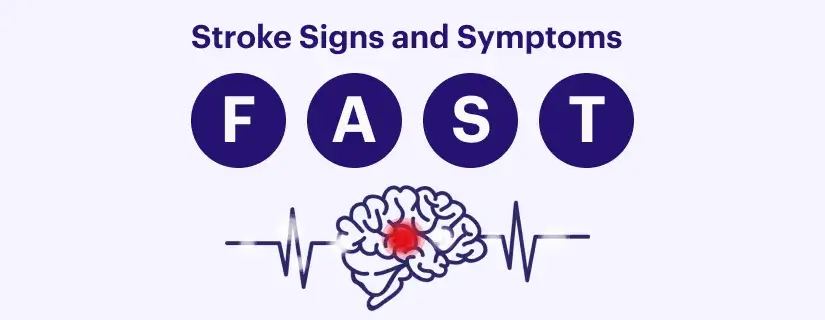
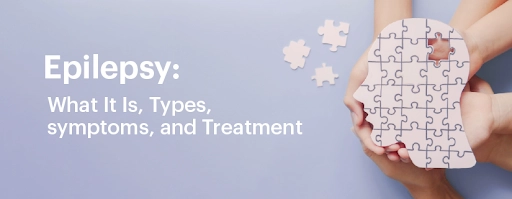
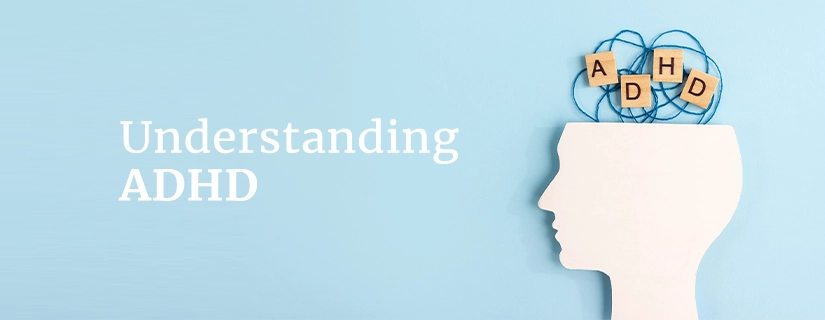
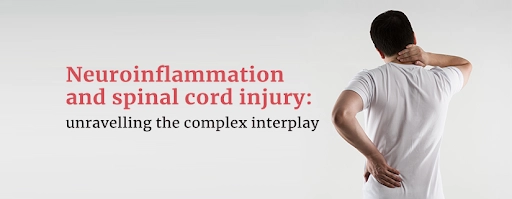

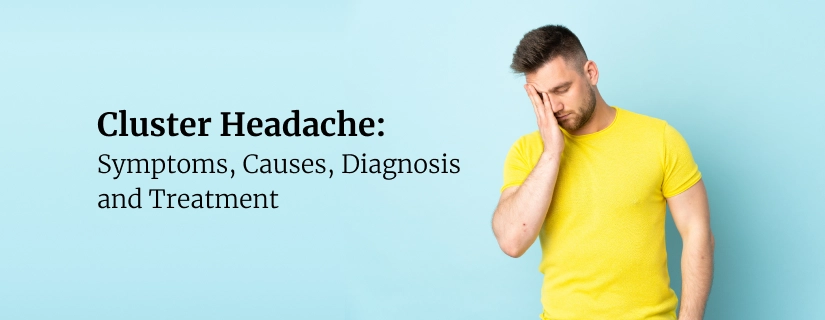



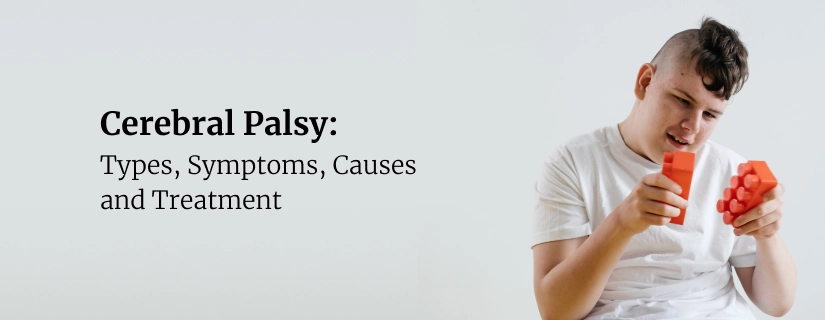
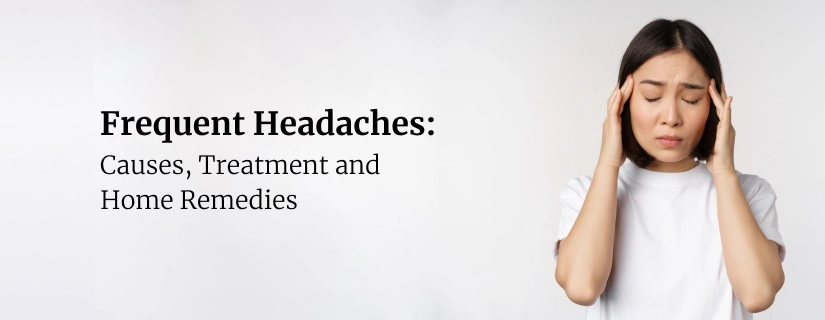
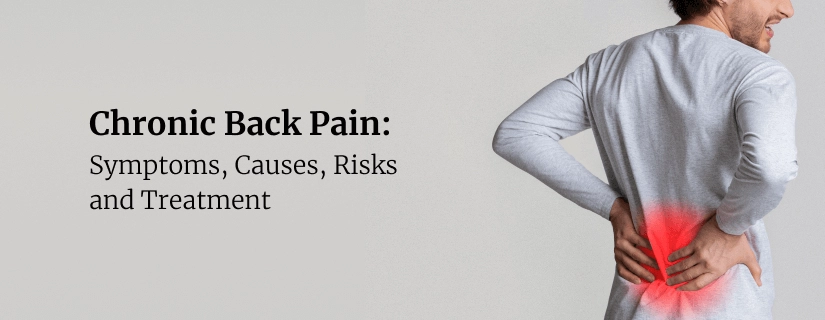

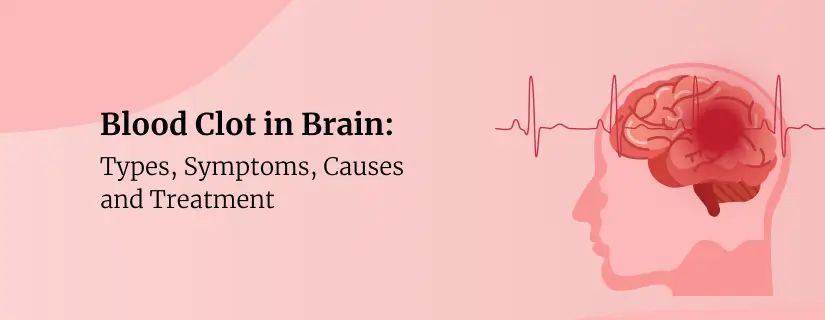
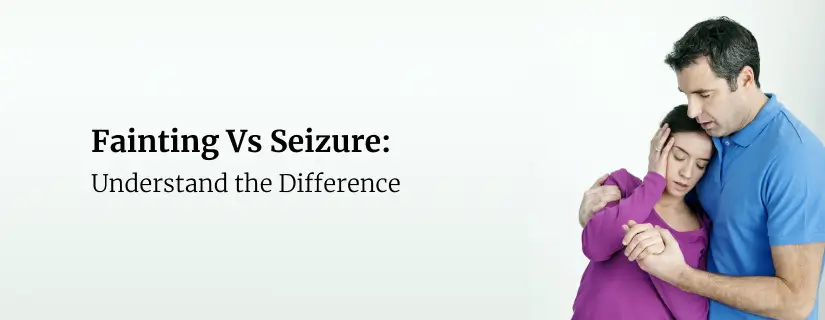
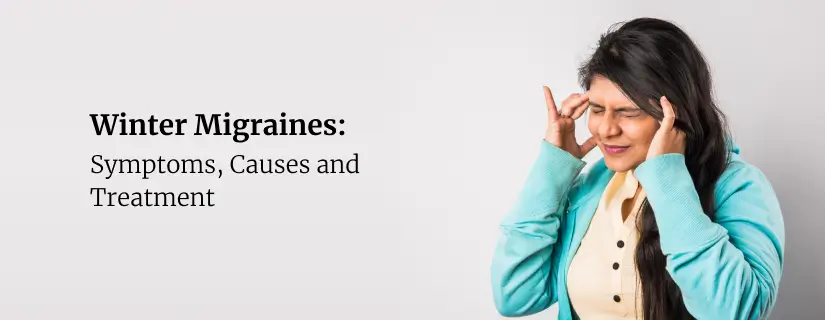

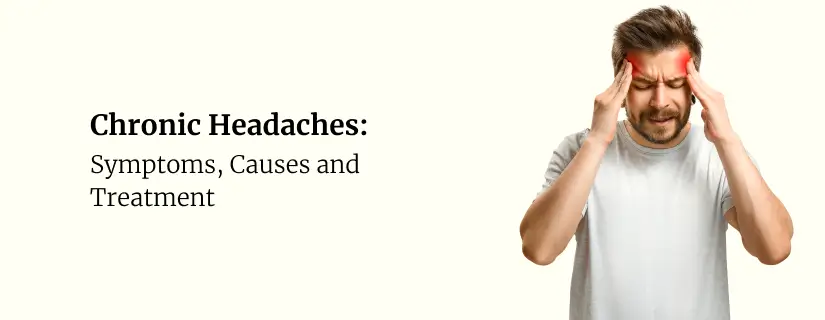
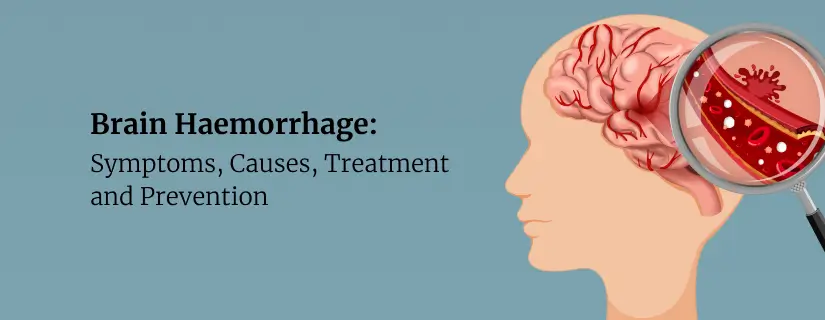
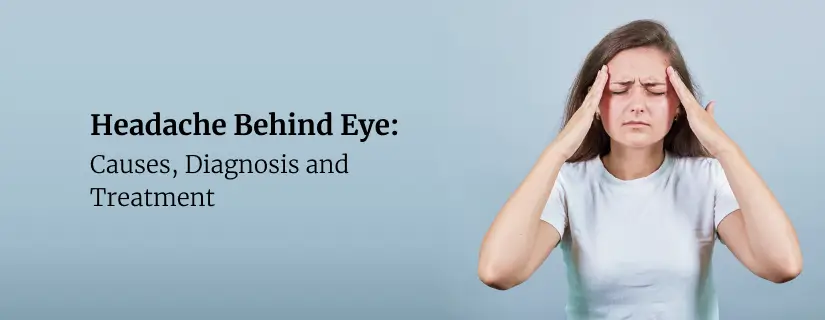

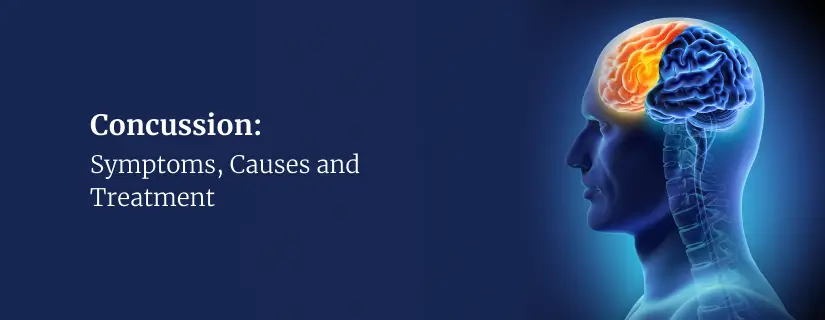
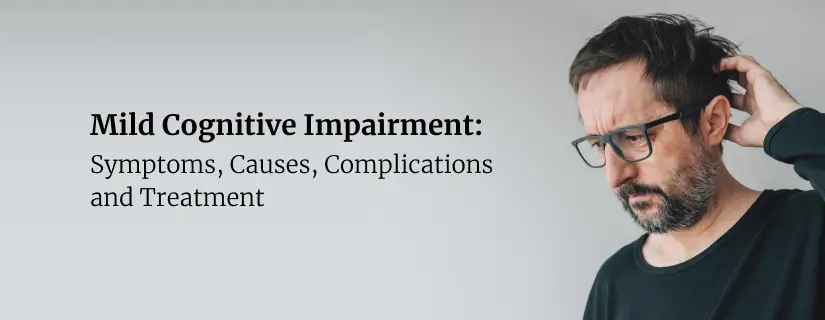
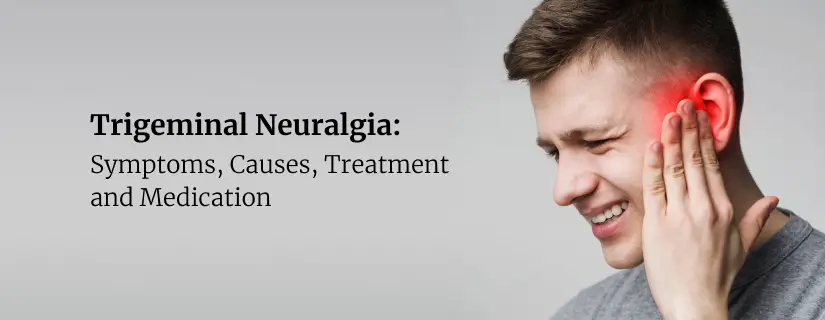
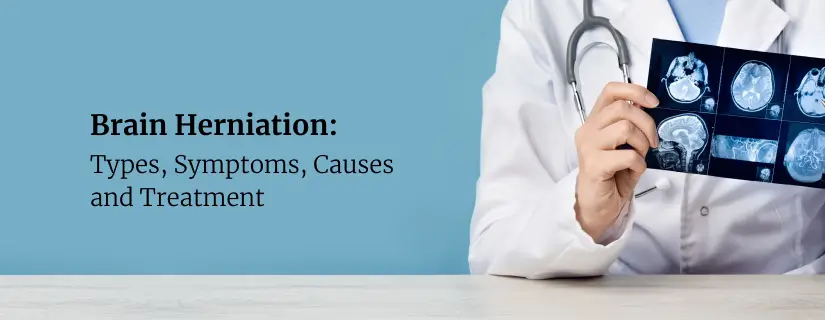

.webp)